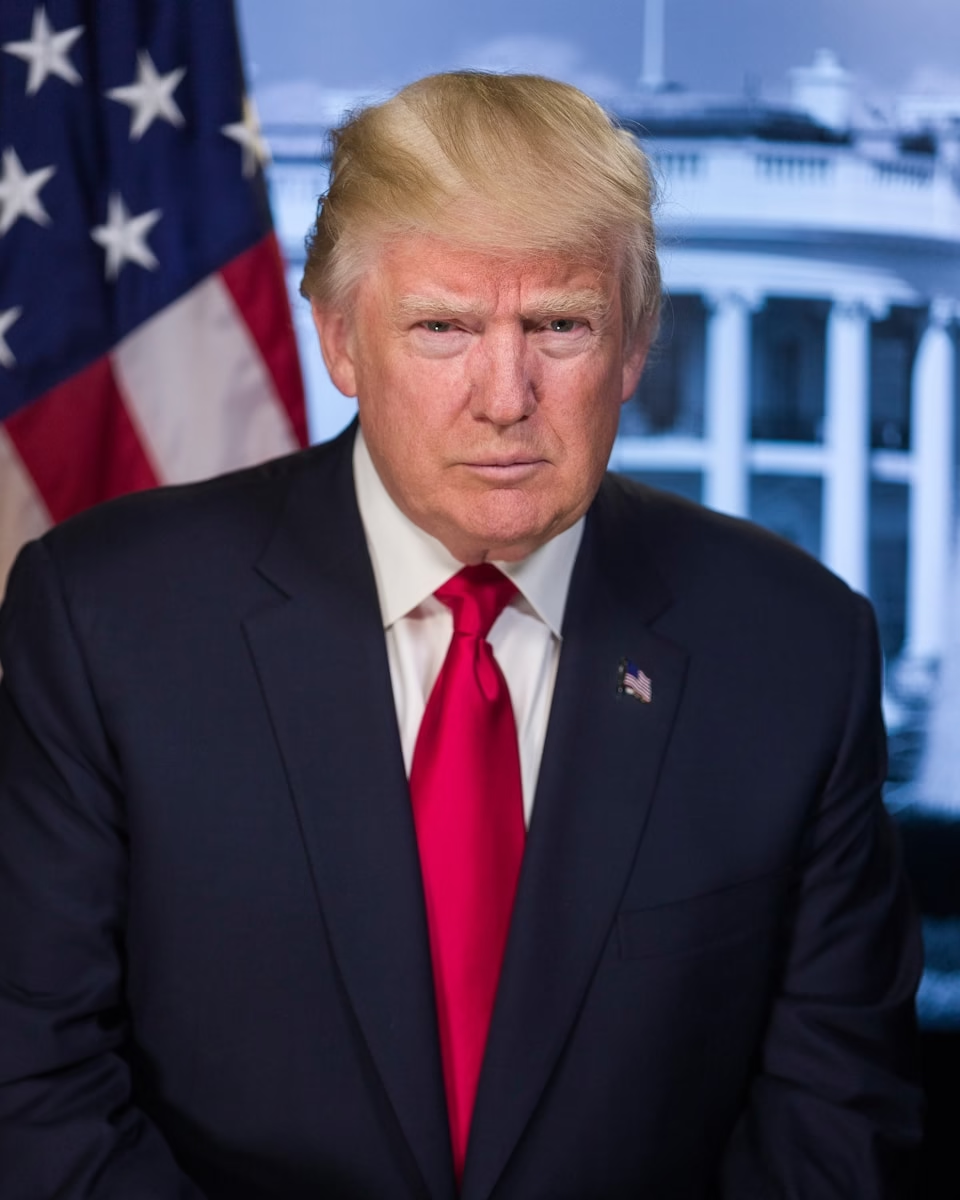Key takeaways:
- Donald Trump asked the Justice Department for 230 million dollars to cover his legal fees.
- He wants payment for costs tied to the dismissed Russiagate probe and other cases.
- Former Rep. Charlie Dent called the request outrageous and unfair to taxpayers.
- Critics warn that approving Trump’s demand could unleash endless similar claims.
Why Trump legal fees demand raises eyebrows
When news broke that President Trump planned to ask the Justice Department for 230 million dollars, many felt stunned. In fact, the amount would cover his legal fees in the dismissed Russiagate investigation and other suits. Moreover, senior Justice Department officials who once defended Trump could green-light the payout. Therefore, critics argue this move puts taxpayers on the hook for massive personal costs. Above all, people worry it sets a costly precedent for everyone the DOJ ever prosecutes.
Trump’s bold legal fee request
On Tuesday, The New York Times revealed that President Trump may formally ask the Justice Department to cover more than 230 million dollars in legal fees. This figure stacks up bills from his dismissed probes and various court fights. According to the report, the settlement might pass muster with “senior department officials” tied to Trump’s defense. In fact, Trump’s former lawyer Todd Blanche now serves as deputy attorney general. Several other Trump defense attorneys also hold key posts in the government. As a result, some insiders expect a friendly review of the claim.
Dent reacts on CNN’s The Lead
Former Representative Charlie Dent joined Jake Tapper on CNN’s “The Lead” to share his shock. He said, “I’m almost speechless that the President of the United States is asking taxpayers to pay him nearly a quarter of a billion dollars for legal fees.” Dent then quipped that maybe dismissed FBI Director Jim Comey could demand payment next. He warned, “Every person ever prosecuted by the DOJ and not convicted might ask for the same thing.” Dent added that it takes real gall to ask your own employees to pony up that much money for your defense.
Possible ripple effects
If Trump wins approval for his legal fee payout, many believe it will open the floodgates. Moreover, other politicians and public figures could lodge similar claims after dropped charges. Therefore, the Justice Department could face a wave of hefty requests. In practical terms, that might strain the department’s budget and shake public trust. In fact, opponents argue the payment undermines the principle that legal costs rest on individuals, not taxpayers.
Legal experts weigh in
Legal scholars say the path to forcing the DOJ to pay personal legal bills is narrow. They note that statutes allow indemnification in some cases, but rarely for high-profile personal matters. Furthermore, they stress that standard department rules bar coverage for wrongdoing or private pursuits. One expert explained that if Trump tries to shoehorn his cases into allowable categories, courts may balk. However, with allies in top positions, the Justice Department’s internal review could go Trump’s way.
What happens next
First, President Trump must file an official request with the Justice Department’s indemnification office. Then senior officials will review whether each case fits department rules. In practice, the process could take months or even years if challenged in court. Meanwhile, Capitol Hill lawmakers are already raising alarms. Some Democrats vow to hold hearings to block the payout. Likewise, watchdog groups plan to sue if the DOJ approves the demand.
Public reaction and political fallout
Grass-roots critics have taken to social media to voice anger. Many call Trump’s demand “unbelievable” and “abuse of power.” Yet his supporters argue he deserves coverage for legal battles tied to his presidency. Polls show a stark split: most Democrats oppose the idea, while Republicans remain divided. Some GOP figures caution that approving Trump legal fees could backfire in future elections. After all, voters may balk at footing huge bills for any public official’s personal defense.
Why Dent’s warning matters
Charlie Dent’s comments strike at a broader issue: fairness. He warns that if Trump succeeds, anyone acquitted or dropped by the DOJ might feel entitled to similar payouts. In other words, the justice system could morph into a public-funded safety net for the wealthy and well-connected. Dent stressed, “It just takes a lot of cheek to ask the people who work for you to approve a quarter-billion-dollar payment to the president.” Beyond politics, this debate could shape how America funds legal defense for its leaders.
Looking ahead
In the weeks ahead, all eyes will stay on the Justice Department’s internal deliberations. If senior officials bow to Trump’s request, expect immediate legal challenges. Conversely, if the department denies coverage, Trump could appeal in court. Either way, the fight over Trump legal fees will likely dominate headlines. Moreover, it will spark a broader debate on how much taxpayers should shoulder for leaders’ lawsuits. Ultimately, the outcome could redefine the boundary between personal accountability and public expense.
Frequently asked questions
What exactly are Trump’s legal fees for?
He seeks coverage for costs tied to the dismissed Russiagate investigation and other legal cases, including defamation suits and election challenges.
Who in the Justice Department approves such requests?
Senior department officials review indemnification claims. In this case, some of them once served as Trump’s defense lawyers.
Can anyone else request similar payments?
If Trump succeeds, others acquitted or dropped by the DOJ might seek the same reimbursement, potentially creating a costly precedent.
What could Congress do about this demand?
Lawmakers can hold oversight hearings, pass legislation to block DOJ payouts, or threaten budget cuts to prevent approval of large indemnification claims.
